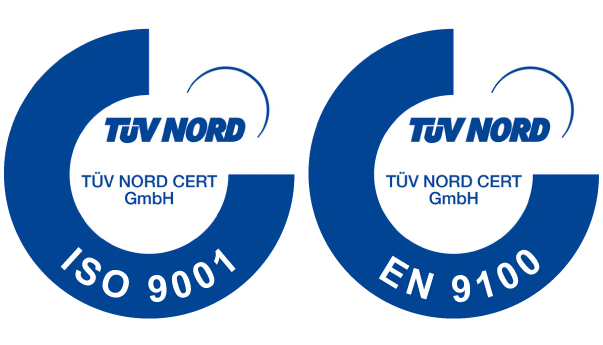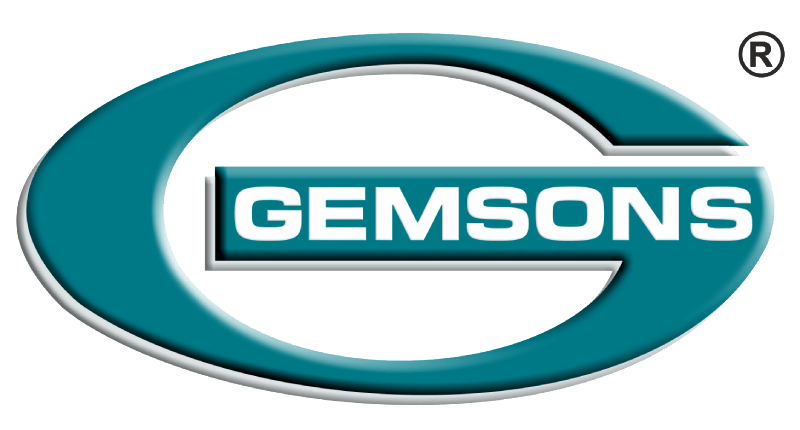Generators are essential for providing backup power during outages or serving as a primary power source in remote locations. To ensure your electric generator functions at its best when you need it most, regular maintenance is key.
In the below text, we will explore five crucial tips for maintaining your generator and preserving its longevity, focusing on electric generator parts.
Tips To Maintain Your Generator For Better Life
1. Regular Inspections
Routine visual inspections are the cornerstone of generator maintenance. Check for any signs of wear, loose connections, or leaks in the fuel system. Inspect electric generator parts, including cables, wires, and connections, for any fraying or corrosion. Addressing these issues promptly prevents more significant problems down the line.
2. Oil Changes
Just like a car engine, the generator’s engine relies on proper lubrication to function efficiently. Regular oil changes are crucial to maintain engine health and prevent premature wear of electric generator parts.
Follow the manufacturer’s recommendations for oil change intervals, and always use the recommended oil type. Dirty or old oil leads to increased friction, overheating, and eventual engine damage.
3. Fuel System Maintenance
The fuel system is a critical component of your generator. Stale fuel or fuel contaminated with impurities leads to poor engine performance.
- Use Fresh Fuel Regularly replace stored fuel with fresh, clean fuel to prevent fuel-related issues.
- Fuel Filters Replace fuel filters at recommended intervals to ensure a clean fuel supply to the engine.
- Fuel Stabilizers If the generator is not in regular use, consider adding fuel stabilizers to prevent fuel degradation.
4. Battery Care
The battery is essential for starting the generator, and a well-maintained battery ensures reliable operation.
- Regular Charging Keep the battery charged to maintain its capacity. A monthly or bi-monthly charging schedule is advisable, especially for standby generators.
- Clean Connections Ensure battery terminals and connections are free of corrosion. Use a wire brush to clean terminals if needed.
- Replace Old Batteries If your generator uses a lead-acid battery, consider replacing it every 3-4 years, as these batteries have a limited lifespan.
5. Cooling System Checks
The cooling system plays a crucial role in preventing the generator from overheating. Ensure to cross-check the coolant level regularly and top it up if necessary. Inspect hoses and belts for signs of wear or leaks.
Clean the radiator and cooling fins to ensure proper heat dissipation. Overheating leads to severe damage to electric generator parts, so maintaining the cooling system is paramount.
Bonus Tip Professional Servicing
While there are several maintenance tasks you perform yourself, consider scheduling professional servicing at regular intervals. A trained technician conducts a comprehensive inspection, identifies potential issues, and performs specialized tasks such as load bank testing to ensure the generator’s optimal performance.
A well-maintained generator is a reliable source of power when you need it most. By implementing these five essential tips for maintaining your generator and paying attention to electric generator parts, you ensure its longevity and dependability.
Conclusion
Regular inspections, oil changes, fuel system maintenance, battery care, and cooling system checks should become integral parts of your generator maintenance routine. Remember, a small investment in maintenance saves you from significant repair costs and downtime in the long run, ensuring your generator is ready to power on whenever you need it.
In partnership with Gemsons, your generator is in expert hands. Our professional services go beyond routine maintenance, ensuring the longevity and reliability of your generator’s electric parts. Trust Gemsons for comprehensive care, and power on with confidence whenever you need it.



Recent Comments